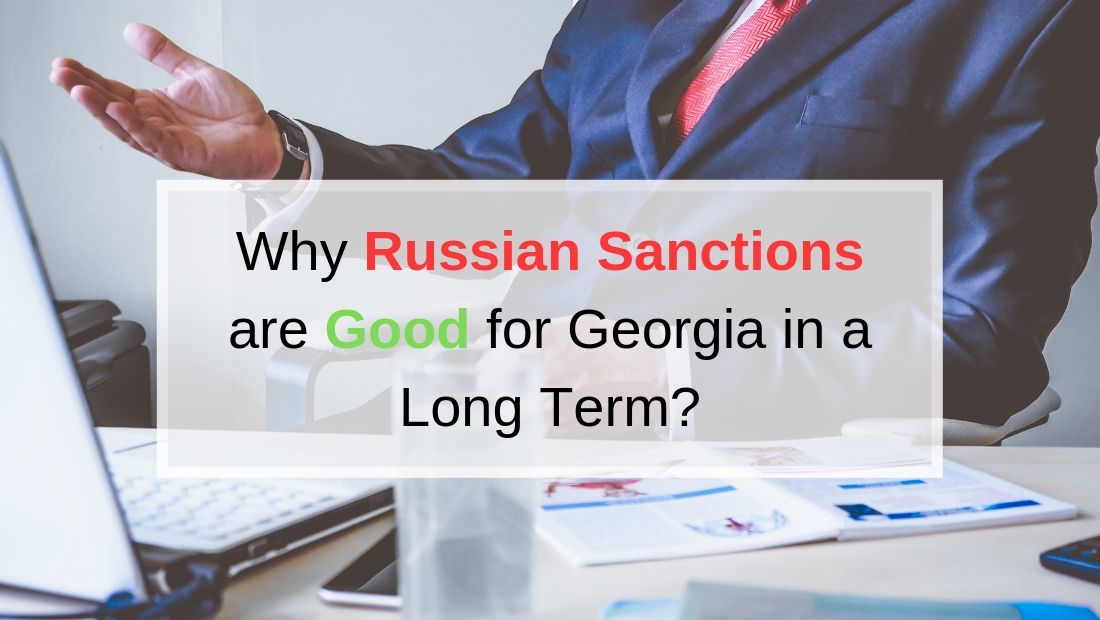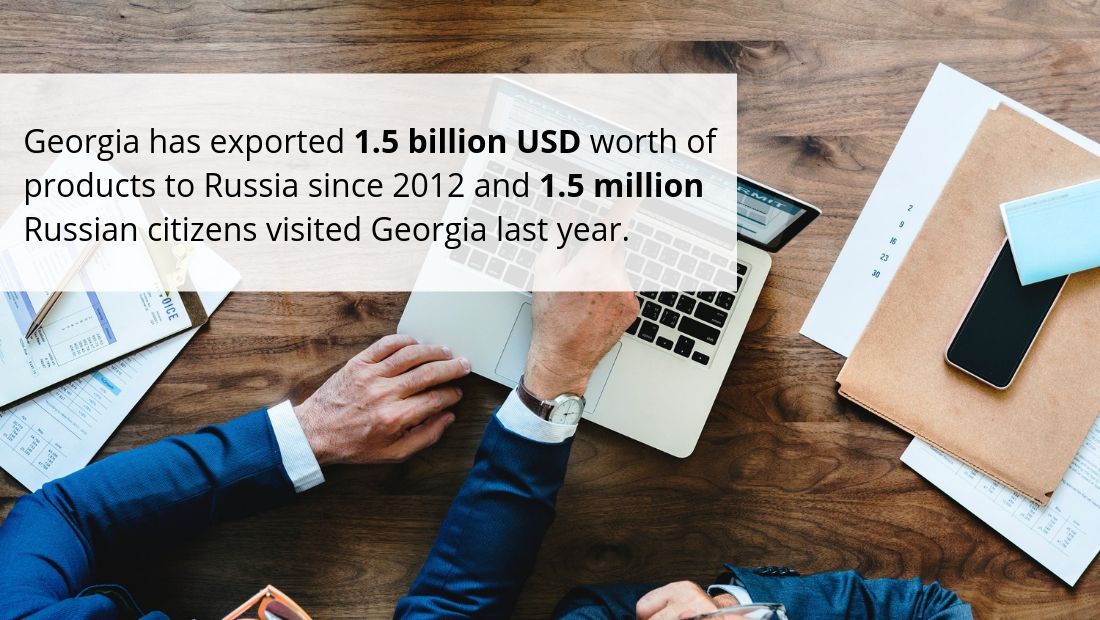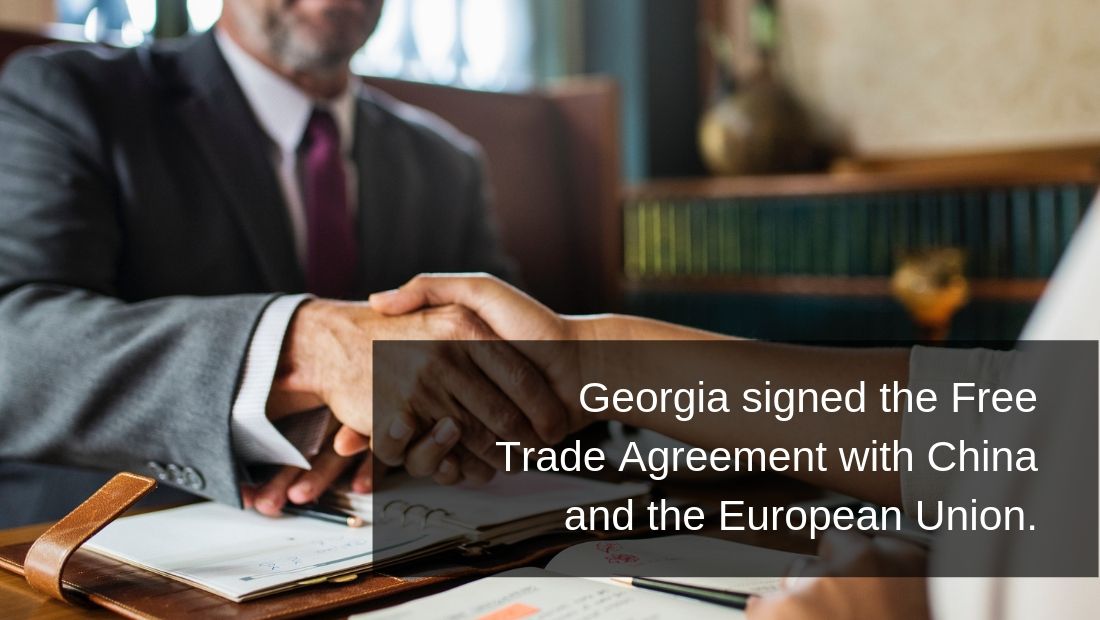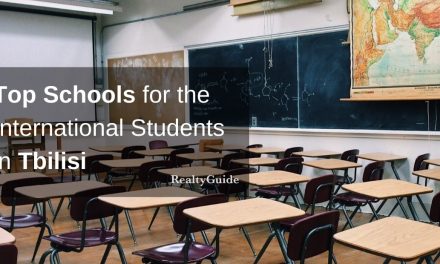It’s not a secret that Georgia and Russia share a pretty bloody history full of betrayal and disappointment if we put it lightly. Georgia had suffered countless invasions and was forced to become the part of the first Russian Empire and then the Soviet Union without its consent. But despite the ideological differences, the connection between countries remains strong, if not in the political course then in economic relations. Just look at the statistics. Georgian exports to Russia increased dramatically in the last six years: it has exported 1.5 billion USD worth of products to Russia since 2012 and 1.5 million Russian citizens visited Georgia last year. It’s clear, we have strong economic relations with Russia and, moreover, it can be said that in some ways we depend on certain Russian exports. And here lies the danger.
Recently, Russian President Vladimir Putin banned flights to Georgia and even threatened to close the border for Georgian wine and warned Russian tourists against coming to Georgia as a counter-reaction to the protest wave that was caused by the arrival of Russian communist MP, Sergey Gavrilov.
Let’s recall the recent events. Sergey Gavrilov arrived in Georgia for a conference and was spotted sitting in the chair normally occupied by the speaker of Georgia’s parliament. After that, the events started escalating further and further. Georgian citizens appalled by this fact took their concerns to the streets which resulted in the massive protest wave.
Tensions kept mounting, after the speech of TV host Giorgi Gabunia, who expressed his concern and his attitude towards Russia and specifically Vladimir Putin in a rather unconventional and non traditional way. To no surprise, the Russian government took Giorgi Gabunia’s statement rather seriously and threatened to ban imports of Georgian wine and mineral water, as well as restrict money transfers between the countries.
After yet another sanction from Russia, Georgian political elite and common citizens became more and more worried about the lasting impacts of the Russian sanctions. How the punitive politics of Russia will affect the Georgian economy? To answer this question we should start first by explaining the market dynamics in Georgia. Here is the thing about Georgia. It is a tourism-oriented country and invests a big budget in developing the tourism business. Considering the fact that Georgia’s biggest neighbor is Russia, it’s no surprise that the big chunk of tourists in Georgia mainly consists of Russian citizens. This fact, on the one hand, makes Russian sanctions even more intimidating and dangerous.
But fortunately, Georgia does not have to deal with Russian sanctions for the first time. The first 2006 embargo forced the Georgian government to adapt and develop the new economical course. As a result, the Georgian economy became more diversified thanks to the Free Trade Agreement that was signed with China and the European Union.
So, how can the new sanctions impact Georgian development as an independent country? Can it have a good lasting effect? I believe that yes, indeed, new sanctions can become some kind of vaccine from the illusions about Russia and its place in Georgian development. There is no question that Moscow and Tbilisi share some fundamental differences in foreign policy. Russia considers the Georgian political course towards NATO as a threat to regional stability and “warns” Georgia from pursuing the aforementioned course.
The recent events only proved that such dependence can be very dangerous for Georgia. The new sanctions are the wake-up call to the action of transforming the Georgian economy and as a result, making it less vulnerable. The debates that were caused by the new sanctions are also like the gulp of fresh air. Such debates are crucial in understanding how Georgia can protect its national interest in a long term case.







